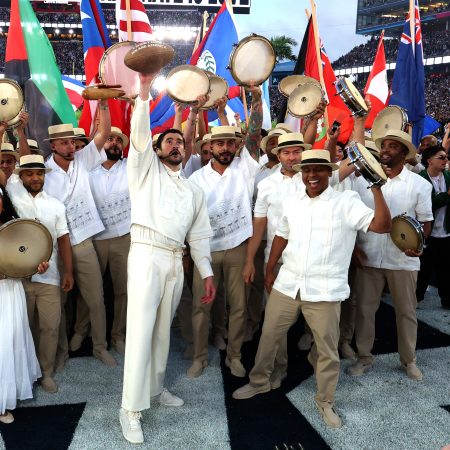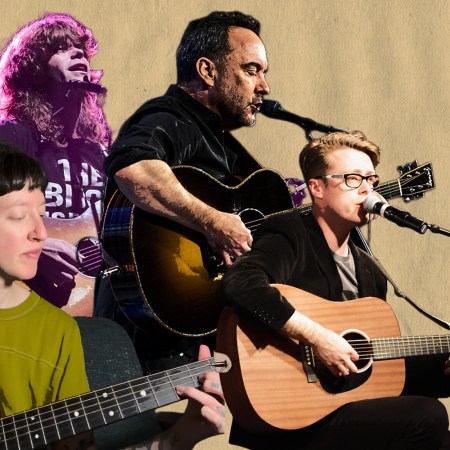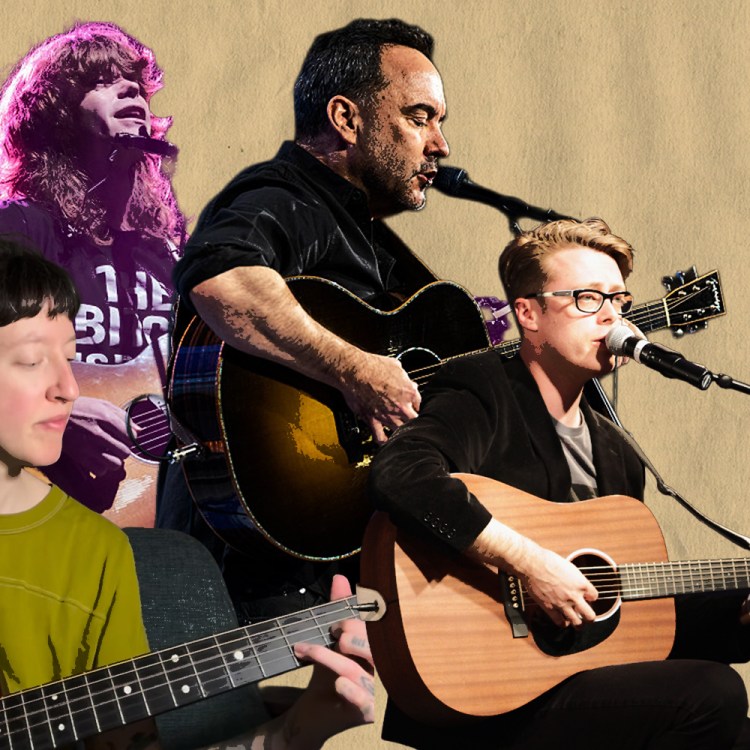It began with an army of Swifties and ended in the U.S. Department of Justice. In a December 2022 complaint to the Superior Court of California County, 26 plaintiffs led by Julie Barfuss alleged that Live Nation Entertainment (LNE/Live Nation-Ticketmaster, the merged parent company of Ticketmaster and Live Nation) exercised “monopolistic control” over the live music industry, citing the company’s disastrous handling of Taylor Swift’s “Eras Tour” ticket sales. In that incident, high demand led to mounting wait times, egregious fees and the invalidation of once-guaranteed “presale access” for thousands of fans. With the Tour as an opportunity for larger action against LNE, the plaintiffs additionally claimed that Ticketmaster violated antitrust and price discrimination laws through the use of dynamic pricing, price fixing, and catering to scalpers, among a slew of other offenses.
A second class-action complaint launched days later by Swift-diehard, Michelle Steriroff, attacked Ticketmaster’s vertical integration, specifically a policy that limits tickets purchased on their site to resale on a secondary LNE-owned service. Their regulation of sales there ensures that Ticketmaster’s dynamic pricing model (which raises price based on the volume of unsold tickets) can’t be undercut, yielding what the plaintiff called a “coercive boycott” in violation of California’s antitrust statute.
$25 Tickets Won't Help Live Nation Win Goodwill From Music Fans
It’s going to take more than one week of discounts to make up for years of price gougingIn an October 2023 interview with Straight Arrow News, Barfuss expressed hopeful uncertainty at the outcome of her case. “I don’t know that our lawsuit is the thing that would be the tipping point,” she explained, “but I feel like it’s just a drop in the bucket, and every drop in the bucket builds up against [Live Nation].” Though her case is still in limbo, Barfuss’ dream is already being realized. Last week, the U.S. Department of Justice filed its own complaint in the Southern District of New York, claiming that LNE’s “anti-competitive conduct” and “monopolistic control” violate the Sherman Antitrust Act. “The result is that fans pay more in fees, artists have fewer opportunities to play concerts, smaller promoters get squeezed out, and venues have fewer real choices for ticketing services,” said Attorney General, Merrick Garland in a statement preluding the suit. “It is time to break up Live Nation-Ticketmaster.”
With Ticketmaster and Live Nation under scrutiny for “junk fees” (sometimes totaling upwards of 30% of list price), coercive concert promotion and mass venue ownership, it’s not surprising that ticket sales have plateaued in the past few months. This development comes in the wake of post-Covid “concert frenzy,” and a string of hotly anticipated megastar tours, including Swift’s “Eras” and Beyoncé’s “Renaissance World Tour.” Also at play are overambitious artists, and mounting venue fees (particularly those set by Live Nation) and an oversaturated concert economy, as artists have found diminishing returns on recorded music. “The pricing model of how live events have been going has kind of flipped on its head,” Dave Clark of TicketNews explained on NPR Tuesday morning. “Instead of selling the tour to get people to buy the record, now it’s the other way around […] to that end, a lot of the pricing has really gotten aggressive.”
In the back half of 2024, Nicki Minaj, the Rolling Stones, Bad Bunny, Green Day and Olivia Rodrigo are poised to hit the road, pushing smaller artists with jaw-dropping ticket prices into the rearview. In the past six months alone, 311, the Black Keys, Pink, and Justin Timberlake have canceled dates en masse, with Tyla and Jennifer Lopez dropping planned tour series entirely. Though all those performers cited extenuating circumstances, flush ticket offerings and attempted restructurings (J.Lo changed her tour from album-focused to “Greatest Hits” in early May) in the days leading up to their shows should not be overlooked. It’s regrettable that the live music industry hangs in the balance just months after the post-pandemic boom, but as international tours collapse around us, some solace can be found in the Swifties’ valiant fight, and the equally uncertain fate of Ticketmaster-Live Nation.
This article appeared in an InsideHook newsletter. Sign up for free to get more on travel, wellness, style, drinking, and culture.



















